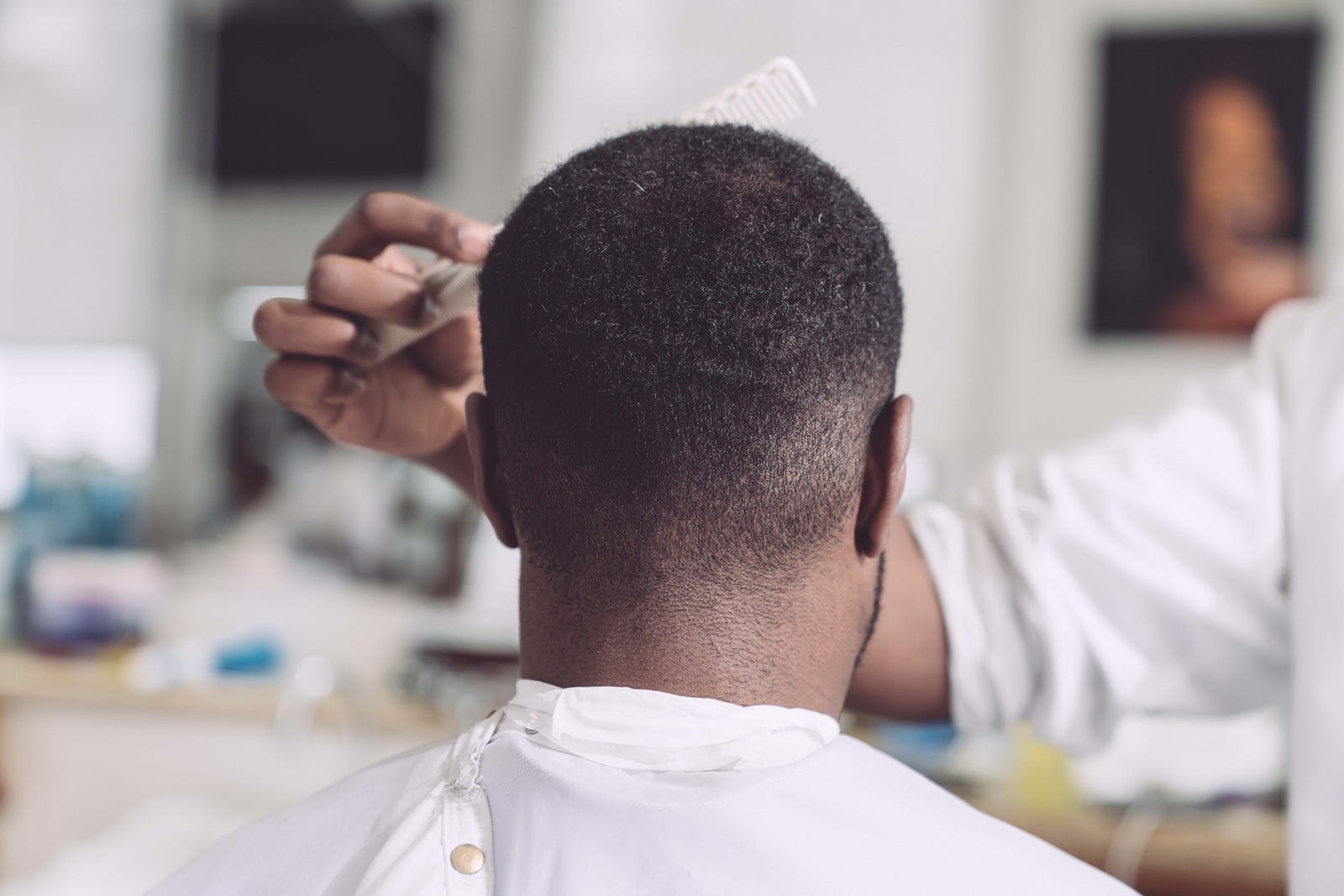Pharmacists in Barbershops!?
A Study of Blood-Pressure Reduction in Black Barbershops
When I first saw the headlines of this trial I thought, hmm. Interesting. I’m a pharmacist, I’m colored, and I go to barbershops. Briefly skimming through, I read that it was a funded project and jokingly I thought, wow, this got funded? I would have done this for free, tomorrow. But, after reading the full article, this was indeed a pretty well designed study of interventions for blood pressure on African Americans.
Some details.
The study consisted of about 50 barber shops and had around 300 participants enrolled. Some barbershops had pharmacists intervene with blood pressure management and the other barbershops only had the barbers encourage the participants to better manage their blood pressure. With pharmacists interventions, about 60% of participants reached the set target blood pressure vs only 11% of those who only had their barber’s encouragement to follow up with their primary care providers with no pharmacist intervention.
Why was this study important?
Black males are highest in one of the worst statistics in hypertension (high blood pressure), and that’s rate of death. So, to try to attack this issue at barbershops, which are often a place of comfort, fun, emotions, and brotherhood in the black community, is pretty brilliant.
However, the results of the trial aren’t shocking. As the authors point out, there have been many trials demonstrating the effectiveness of pharmacist intervention on blood pressure, they just felt African Americans weren't represented well in those trials. One interesting thing to note is that the protocol for the initial treatment was quite aggressive. For every participant who they deemed needed medication therapy, Pharmacists prescribed two blood pressure medications off the bat!
My take away.
An important lesson from this trial which the authors also mentioned is that the results could have heavily influenced by the involvement of the barbers themselves. I do wonder if this is a missing element in getting people bought into taking control of their health. Healthcare providers may need to start teaming up with leaders/influencers closest to specific patient populations to better improve health outcomes.
Click here for a link to the original study.
Thanks for reading.
Take care,
-Richard
—
Richard Waithe, PharmD | Richard@RxRadio.fm

